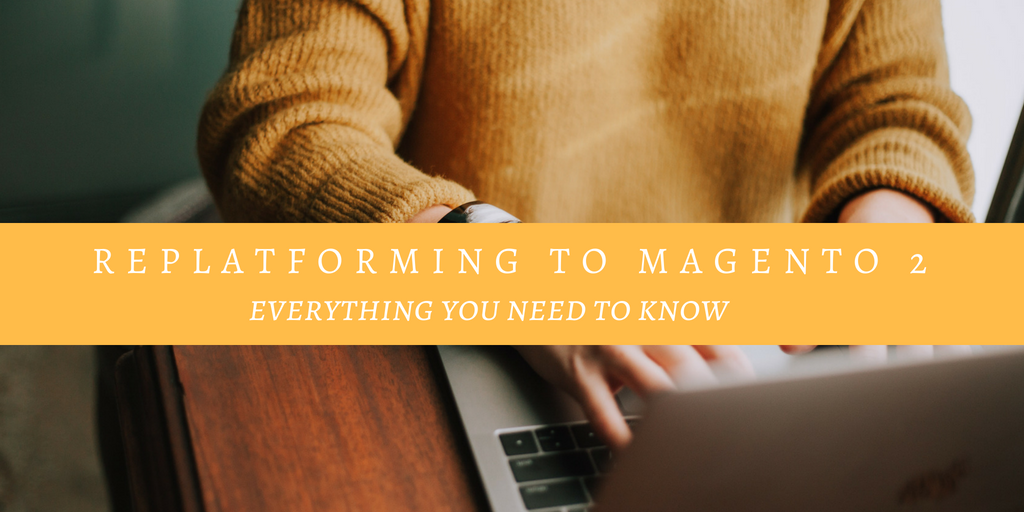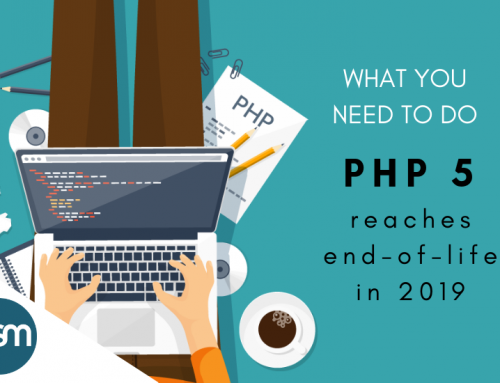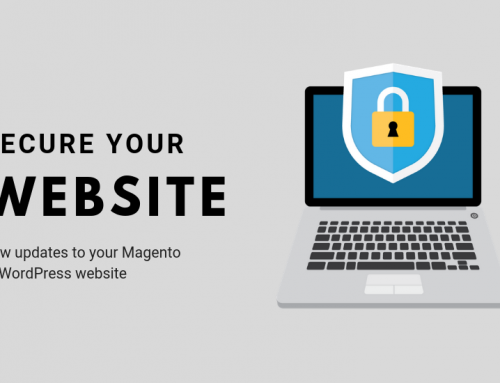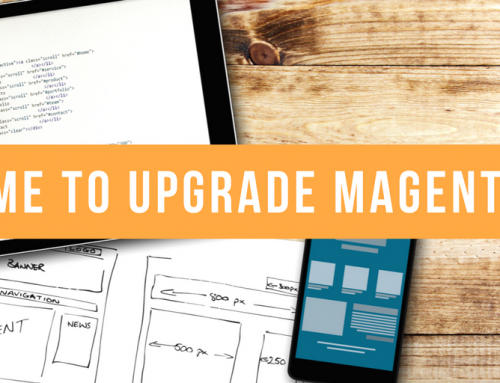We’ve been asked how you can “update to Magento 2.” Unfortunately (or fortunately depending on the way you look at it), the “update” or “upgrade” is really more of a replatforming project. There’s no way to click a button and voila, your site is now upgraded to Magento 2! It’s not a simple task. Replatforming to Magento 2 requires some planning and thoughtfulness, but soon it’ll be necessary for continued support from Magento.
Since Magento 2 was released in November 2015, we’ve seen that porting from Magento 1 wouldn’t be as simple as upgrading Magento 1.8 to 1.9. Many clients of ours have continued to use Magento 1 versions without issue; however, in November 2018, Magento 1 will receive no further support from Magento. In a few short months, no security updates or support will be provided, meaning that it’s a good time to consider replatforming to Magento 2 if you haven’t already.
If the whole idea of replatforming to Magento 2 has you worried that maybe Magento isn’t the right e-commerce platform for you, here are some features that we think will make the move worthwhile:
- Advanced Reporting
As an e-commerce business, reporting is important to help inform marketing, sales, and planning. Magento 2 has an advanced reporting feature that includes 20 reports right in the web interface. With the reports, you’ll gain insight into three critical areas orders, customers, and products. Simple to use and understand! - Better Admin
With Magento 2, there’s no need to re-learn an admin, instead it’s like your old Magento 1 admin got a facelift! Less time training and learning a whole new platform. The admin is responsive and has moved some features around, but overall provides the same user experience. - The Upgraded Technology
The part you’ve really been waiting for: the new technology that will make your store perform better and be easier to maintain. Magento 2 runs on a much newer software stack compared to older version of Magento and has fully adopted HTML5 and PHP 7. Magento 1 does not support PHP 7 by default. PHP 7 includes new security fixes and improvements that directly affect your store’s speed. To read more on running Magento with PHP 7, check out this article.The performance improvements make it possible to process more orders per hour and have more concurrent admin sessions than Magento 1. Magento developers can full cache page content for better performance on the page and with SEO. - Improved Checkout Process
Magento 1’s checkout process was six steps long. Because almost 70% of online shoppers abandon their shopping carts, having a streamlined process is important for conversion rates. Magento 2’s checkout process is 2 steps instead of the former 6, saving the customer time and effort. No login or registration is required of the customer, making checkout a breeze for them and more sales for you! - Easier Updates and Maintenance
Modern and modular architecture makes Magento 2 a little easier to update and maintain. Updates are less complex due to the improved framework for customizations and multi-level theme inheritance. In addition, the standalone installer will automatically check for prerequisites and conflicts before starting the upgrade process, making it easier for merchants to stay up-to-date. - Better, easier user shopping experience
Online stores are all about making it easier for the customer to make a purchase. Magento 2 converts customers at a higher rate due to a nimbler shopping cart experience (see you later, abandoned shopping carts) and options for more third-party integrations.
So, is it time for replatforming to Magento 2?
Of course, Magento is open-source so you could continue to run it indefinitely. But with the new features and enhancements that Magento 2 offers, is that really a wise decision to stay on an outdated version? We think not. Simply put, Magento 1 is being phased out of the marketplace and if you wait too long to start your replatforming to Magento 2 project, your store might be left in the dust.
If you’re ready to make the leap in the months before the support from Magento closes, reach out to our team. We’d be happy to help you through the replatforming process.







